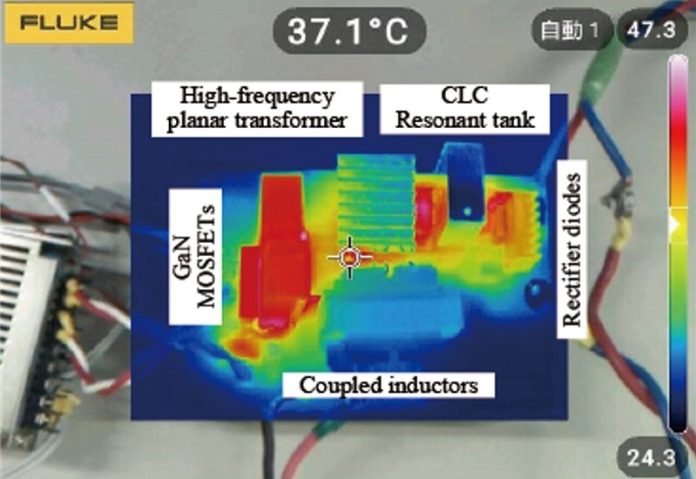
In an exciting leap forward for technology, scientists from Kobe University have unveiled a breakthrough in power conversion that’s set to change the game.
Imagine a device that’s vital for everything from solar panels to electric cars, medical gadgets to smartphones, now made even better.
This marvel is known as a “boost converter,” and it’s what allows these devices to work efficiently by turning a low voltage into a high one.
The team, led by the brilliant Mishima Tomokazu, has reimagined this converter to be not just better, but groundbreaking.
Traditionally, boost converters worked by rapidly switching between two states to manage energy, but this came with drawbacks like unwanted heat and electromagnetic noise, which could mess with performance.
The Kobe University innovation leaps over these hurdles with what’s called “soft switching.”
This clever method switches things up without the usual heat loss, making the device not just cooler but also quieter and more efficient.
What’s truly revolutionary about their design is its simplicity and efficiency.
By employing “resonant tank” circuits, the device minimizes energy loss, making it highly efficient.
Add to that a design that uses fewer components and features flat, compact parts, and you’ve got a converter that’s not just powerful and efficient, but also cheaper and easier to maintain.
The results are impressive: the new converter operates with a stunning 91.3% efficiency, outperforming existing designs significantly.
But the team isn’t stopping there. They’re already looking to boost this efficiency even further, especially by reducing power loss in the magnetic parts of the device.
This development isn’t just a win for the engineers; it’s a win for everyone. High-efficiency, low-noise power converters are crucial in almost every aspect of modern life, from renewable energy and transportation to healthcare and technology. With this new design, devices can become more reliable, long-lasting, and environmentally friendly.
Currently, the team has built a small-scale prototype, but they’re setting their sights high with plans to scale up to more powerful versions that could benefit even larger systems and applications.
By collaborating with experts from the National Chung Hsing University, Kobe University’s researchers are not just innovating; they’re pointing the way toward a more efficient, sustainable future.
This breakthrough promises to power up our world in ways we’ve only just begun to imagine.
Source: KSR.



